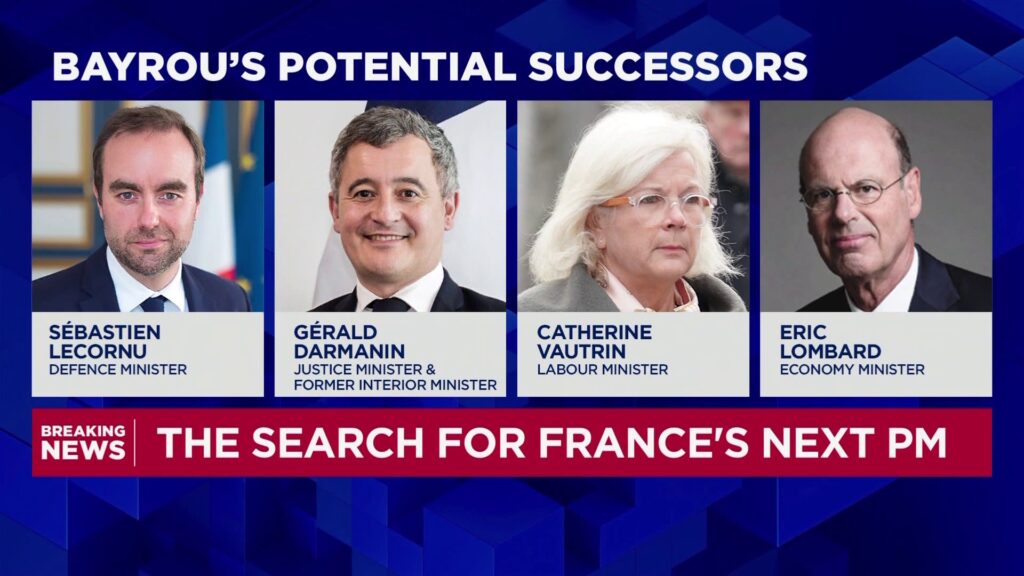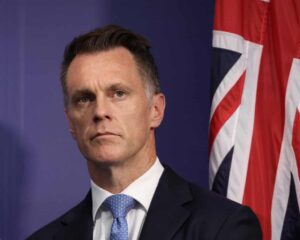
French Prime Minister François Bayrou has lost a confidence vote in parliament, marking the end of his government after just nine months in office. This political shift has intensified instability within the French government, as Bayrou is now the fifth Prime Minister to resign since 2020, highlighting ongoing challenges in the nation’s leadership.
The confidence vote, which took place on October 10, 2023, saw Bayrou unable to secure sufficient support from lawmakers, reflecting deep divisions within the French Parliament. Following the vote, Bayrou announced his resignation, stating that he could not effectively govern without the backing of the majority. His departure raises significant questions about the future direction of the French government and its ability to address pressing issues.
Implications for French Politics
The resignation of Bayrou adds to a growing list of political leaders who have struggled to maintain their positions in the face of increasing public dissatisfaction and legislative challenges. Since the start of the COVID-19 pandemic, France has experienced heightened political turmoil, with leaders facing criticism over their handling of economic recovery, social unrest, and public health policies.
Analysts suggest that this latest development could lead to further elections or a reshuffle of the current government structure. The French President, Emmanuel Macron, now faces the challenge of appointing a new Prime Minister who can unite a fragmented parliament and restore confidence among the electorate.
The opposition has already begun to capitalize on this uncertainty, with various parties calling for immediate reforms and a reevaluation of the government’s priorities. Marine Le Pen, leader of the National Rally party, emphasized the need for a change in leadership to better represent the interests of the French people.
What’s Next for France?
As the nation enters a period of transition, key political players will be closely watching the developments surrounding the appointment of Bayrou’s successor. The new Prime Minister will need to navigate a complex political landscape characterized by rising inflation, labor strikes, and widespread discontent over living conditions.
In the wake of this confidence vote, the French parliament is expected to reconvene to discuss the next steps. The urgency for effective governance is palpable, as citizens continue to express their frustrations over economic challenges and social issues.
The outcome of this political crisis could have far-reaching implications, not only for the French government but also for the broader European political landscape. As uncertainties loom, the ability of the new leadership to implement effective policies will be crucial in determining France’s stability in the coming months.
In conclusion, François Bayrou’s resignation serves as a stark reminder of the challenges facing modern governance and the need for responsive leadership in times of crisis. With a critical decision ahead, all eyes will be on France as it seeks a path forward amidst ongoing political instability.






